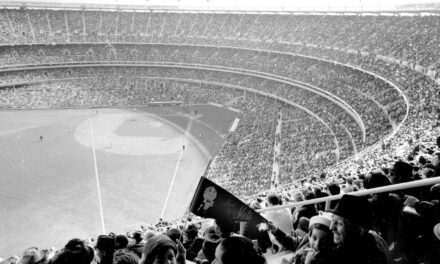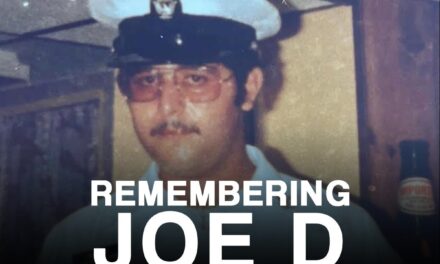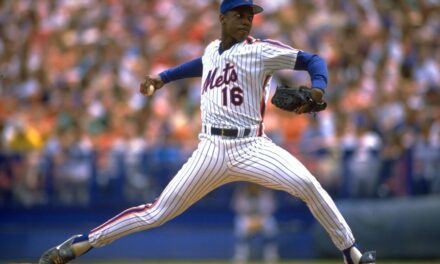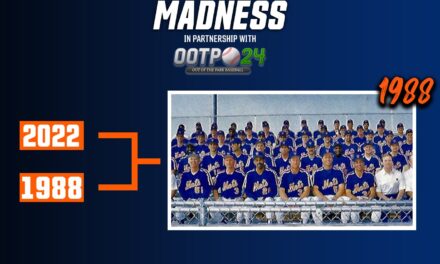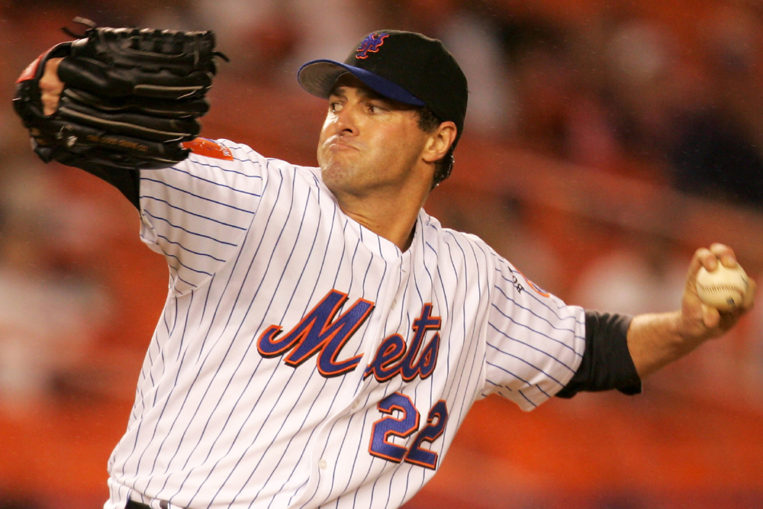
They had been here before. In fact, twice before. For each of the previous two seasons, the Mets entered September in position to reach the playoffs, only to find tremendous difficulty getting there.
In 1998, Bobby Valentine‘s team was entrenched in a three-team battle for the Wild Card, a nose ahead of the Cubs and Giants with five games remaining. The Mets lost those final five and were left on the outside looking in as Chicago and San Francisco fought for the final postseason spot in a one-game showdown.
In 1999, entering the final two weeks of the regular season, the Mets held a four-game Wild Card lead on Cincinnati and were even within striking distance of a division title. But when the Mets lost seven-straight — four to the Braves and three to the Phillies — it put them in grave danger of collapsing out of the postseason again. New York survived, but that brush with infamy must have been looming as it took a five-game cushion into the final month of the 2000 season.
Recent history suggested the Mets would be unwise to relax. But entering play on September 8, they had gone 1-5 thus far for the month. And then it was those Phillies again causing more trouble.
In the opener of a three-game set at Shea, the offense couldn’t push a run across against starter Bruce Chen and a succession of four Philly relievers. Mike Hampton, meanwhile, was working on a shutout for 7 2/3 innings before a Scott Rolen homer spoiled an otherwise outstanding effort. The disheartening 2-0 loss, which could have easily elicited recurring nightmares from the recent past, prompted Valentine to hold a closed-door meeting.
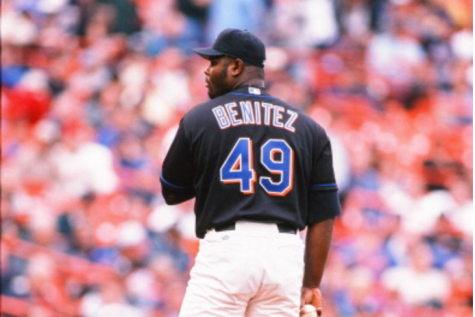
It didn’t work at first. There was another back-breaking loss. The dagger this time came from Brian Hunter — a three-run blast off the suddenly struggling Armando Benitez in the top of the ninth. The second-straight defeat to a Phillies team wallowing in the NL East cellar was yet another example of the Mets playing down to their competition. But despite the lack of help from a Mets offense that couldn’t generate an RBI hit (an RBI groundout, a hit-by-pitch with the bases loaded, and a sacrifice fly), Al Leiter went the distance in the finale — fanning nine, walking two, and allowing five hits in a shutout.
The good vibes were only temporary. While one struggling team left Shea Stadium feeling slightly better after taking two out of three, another faltering club was prepared to play spoiler. The Milwaukee Brewers, nearly 20 games below .500, came out swinging — scoring five against Rick Reed, two more versus Bobby Jones in a relief role, and another off Rich Rodriguez en route to an 8-2 victory.
Like the Phillies, the Brewers had many faults. But unlike the Phils, the Brewers’ frailties cost them earlier in the series. Like on September 12th, when their trio of pitchers couldn’t stop New York from pushing 10 runs across. Or the next afternoon, when after scoring in the first against Mike Hampton, they couldn’t score another. The Mets ultimately took advantage of Jay Payton‘s heroics in the tenth inning. Payton went 4-for-10 and drove in five over the course of those two victories — 10-2 and 4-1, respectively. The final three came on his last swing — a tie-breaking home run with two aboard.
From there, the Mets stabilized rather than taking a nosedive. In Montreal, the offense clicked in a pair of 10-4 wins at Olympic Stadium. Payton stayed hot with five hits and four more RBIs, but Robin Ventura had an even hotter bat. He broke open what was a close game on September 14, taking Expo reliever Sean Spencer deep with Edgardo Alfonzo and Mike Piazza on base. It was one of three hits on the evening. And two nights later, he was at it again — this time going 3-for-4 with another homer. The Mets took advantage of a costly Montreal error in the fourth.
New York’s 1-0 lead quickly grew to 7-0 behind the strength of a Darryl Hamilton single, an Alfonzo three-run blast, and then Ventura’s round-tripper with the bases empty. The Mets wound up splitting the four-game set north of the border, as Al Leiter struggled in what he called a “pathetic” performance. From September 8th through the 17th, the Mets went 5-5. Nothing like the end of 1998 and better than the spiral of September 1999. Yet it was still concerning considering the soft landing spot they were given.
To their benefit, the Wild Card advantage still held steady. And who was there to help the Mets maintain that lead?
The Braves, who took two of three from Arizona, the Mets’ closest competition for the final playoff spot, from September 15-17.
So while the division deficit had grown slightly (now up to three) their playoff chances remained strong. But the Mets had an opportunity to gain on Atlanta — because that’s where they were playing next.


